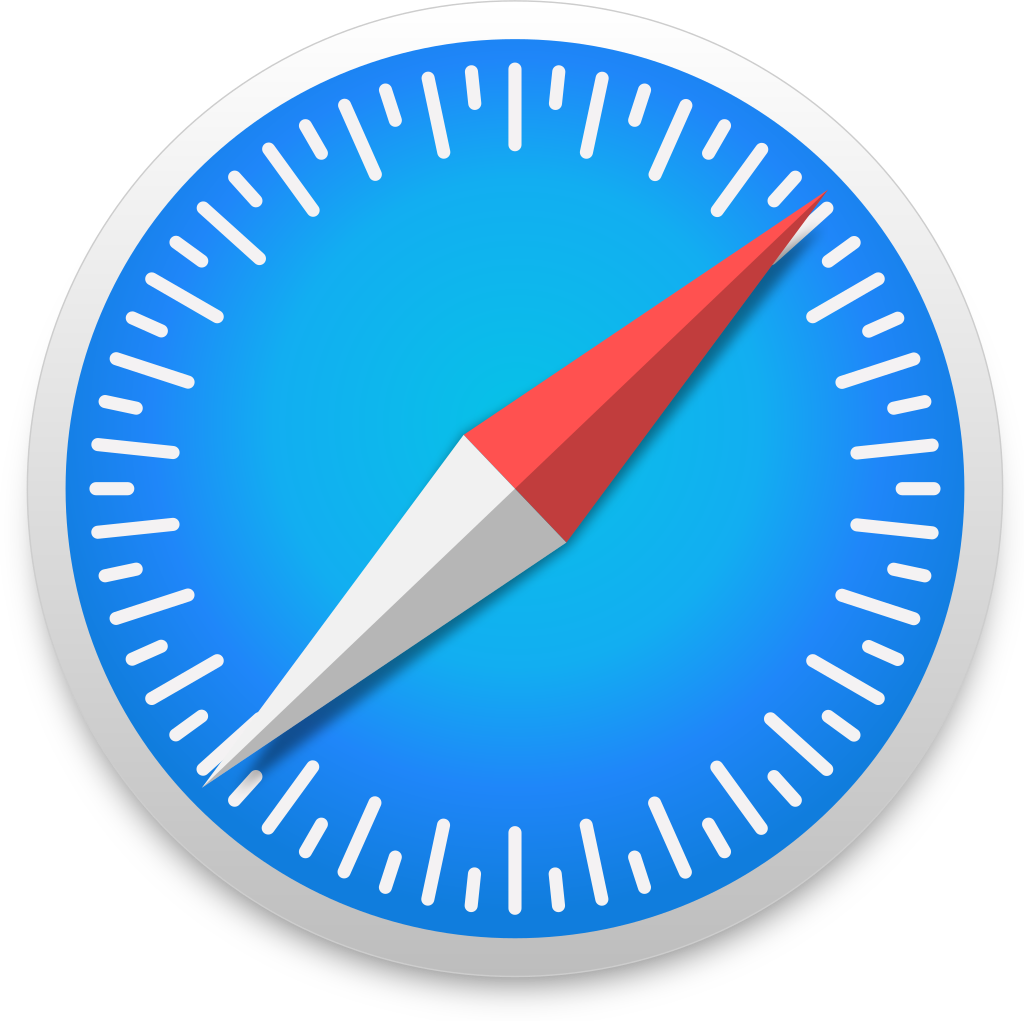If you’re anything like us, you’ve probably got more appetite for books than you have time to read them! With the longer nights and colder weather, the winter months are the perfect time to catch up.
At Positive, we whipped around the virtual office to find out what our experts have been enjoying most. Without further ado, here's our rundown of the best recent psychology books, to ensure that every page you turn is a moment well spent.
Happy reading!
1. 'Think Again' by Adam Grant

With the pace of change in the world today, the ability to rethink and unlearn ('cognitive flexibility', as it’s known to psychologists) is incredibly important – arguably just as important as thinking and learning.
In 'Think Again', organisational psychologist Adam Grant examines how we can embrace ambiguity and the joys of being wrong. He looks at how even the most hard-set beliefs and biases can be malleable with the right forms of investigation, and how we can create cultures of learning and curiosity in our organisations, schools and homes.
2. 'Anthro-Vision' by Gillian Tett

Gillian Tett is Editor-at-Large at the Financial Times US. She is also the woman who successfully predicted the financial crisis of 2007-8. So when she tells us that big data and ‘scientific’ management have blind spots and are not the answer to every question in business, we’re inclined to listen.
In a world of volatility and ambiguity, of economic upheaval and digital disruption, an anthropological view could be the antidote to the narrow-sightedness that got us here in the first place.
3. 'Noise' by Daniel Kahneman, Olivier Sibony, and Cass R. Sunstein

Kahneman, author of the ground-breaking 'Thinking, Fast and Slow', and his co-writers lead us on a deep dive into human error: our susceptibility (and utter obliviousness) to chance and variability in decision-making, from courts to hospitals, schools to businesses.
Whilst the central argument could perhaps have been made more concisely, it is an important one: and essential for leaders looking to protect against the cost of bad judgement.
4. 'Livewired: The Inside Story of the Ever-Changing Brain' by David Eagleman

A renowned neuroscientist reveals the continuous processes of adaptation and reorganization across the most complex system in the known universe: the human brain.
Eagleman brings the latest research, including discoveries from his own laboratory, to explore everything from biohacking and the future of AI, to how humans can learn to see like bats, to new hypotheses about why we dream, and how that’s related to the rotation of the earth. This is neuroplasticity brought thrillingly to life.
5. 'The Sweet Spot' by Paul Bloom

Ever wonder why we watch horror films, listen to sad songs, order spicy food, or run marathons? Bearing and raising children is hardly a breeze, so why do so many people do it? Why, ultimately, do the most meaningful experiences in our lives invariably involve suffering?
Author of 'Against Empathy' Paul Bloom shows how chosen suffering can enhance our pleasure, purpose and meaning – and how, without it, our lives would be hollow.
6. 'The Book You Wish Your Parents Had Read (and Your Children Will Be Glad That You Did)' by Philippa Perry

A psychotherapist’s guide to good parenting, and the mistakes most of us make in trying to do the best for our children. Perry issues a timely reminder that kids are not projects to perfect; that it’s important to admit when we get things wrong, and to apologise when we hurt their feelings; that patience and presence are paramount, even when the demands placed on us feel impossible to handle.
Above all, Perry confirms what we have known all along: that it is not the one-off treats or fancy holidays that make a good childhood, but the relationships at its heart. As the title suggests, this book might have you looking at your upbringing with fresh eyes.
7. 'Being You' by Anil Seth

His 2017 TED Talk has over 9 million views (and counting), and the Financial Times made this their Science Book of the Year – a testament to neuroscientist Anil Seth’s accessible approach to the unimaginably complex ‘hard problem’ of consciousness. In short: how do the inanimate building blocks of matter give rise to our rich inner worlds? Or in his own words: “why do we experience life in the first person?”
The culmination of over two decades of research, 'Being You' proposes a stunning model of the mind as a prediction machine that ‘hallucinates’ our perceived reality. Read this if you want to see the world shattered and rebuilt before your very eyes.
8. 'Nudge: The Final Edition' by Richard H. Thaler and Cass R. Sunstein

Originally published over a decade ago, this ‘final edition’ of one of the 21st century’s most influential books includes six new chapters offering insights on the issues we face today. Looking at Covid-19, credit card debt, climate change and more, Thaler and Sunstein survey the levers a government or organisation can pull to ‘nudge’ us towards better choices.
Read it and your eyes will be opened to the forces at play in your own decision-making – and you’ll be able to nod knowingly every time it's mentioned in conversation!
9. 'Dopamine Nation' by Anna Lembke

This is the second book on the list about pleasure and pain, and how best to strike a balance between the two. Dr. Lembke is Professor and Medical Director of Addiction Medicine at Stanford University School of Medicine. With gripping accounts from her own clinical practice, she points out the parallels between the most harmful cases of substance addiction and today’s culture of compulsive overconsumption to which we are all vulnerable.
If ever you suspect a richer and more balanced life could be waiting beyond your phone, computer screen, or the next beer, then this book is for you.
10. 'Seven and a Half Lessons About the Brain' by Lisa Feldman Barrett

This one was published in 2020, but it’s frankly too good to leave out! Author of 'How Emotions Are Made' brings us an equally entertaining collection of short essays on the mysteries of our grey matter. Offering insights from the cutting edge of neuroscience, she debunks popular misconceptions such as the struggle between our thoughts and emotions to determine our behaviour, and the idea of our ancient, inherited ‘lizard brain’.
We learn everything from how and why our brains evolved, to how we can manage them for better relationships and fairer future societies.






